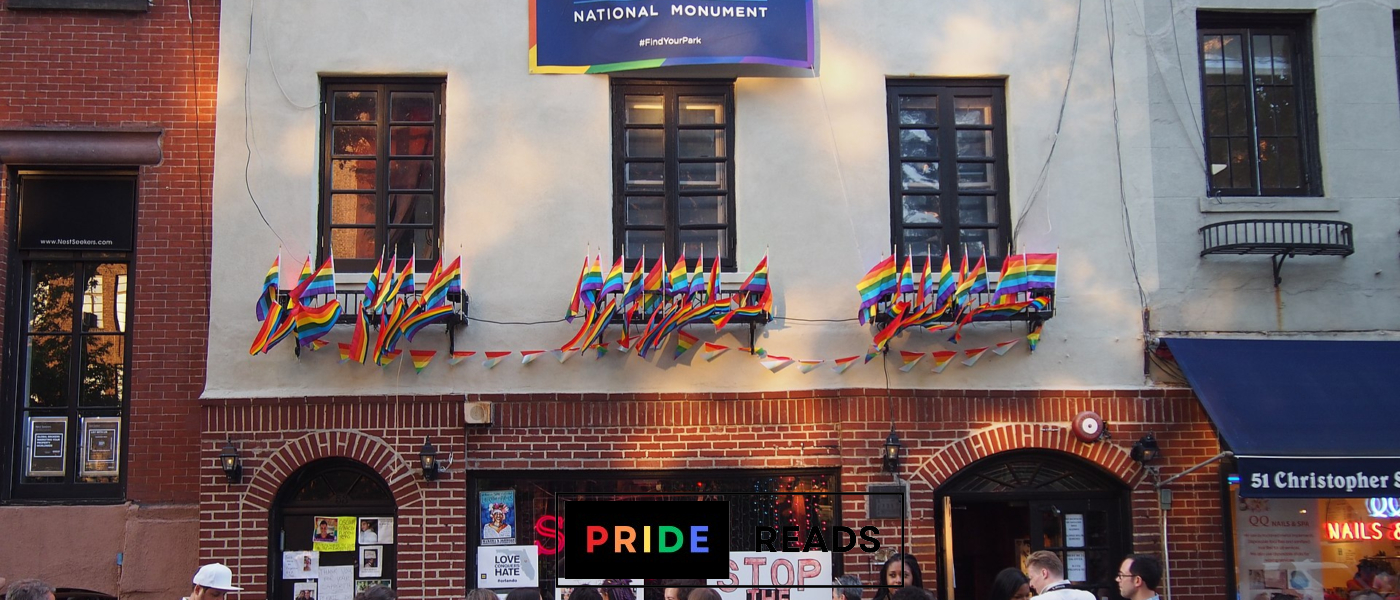
Introduction: A Shocking Erasure of Transgender History
The National Park Service (NPS) recently removed references to transgender individuals and the “T” from the “LGBTQ+” acronym on the Stonewall National Monument website. This decision has sparked widespread criticism. Located in New York City’s Greenwich Village, the monument is the first NPS site dedicated to LGBTQ+ rights in the U.S.
The Trump Administration’s Influence on Gender Recognition
This change aligns with the Trump administration’s efforts to recognize only two genders—male and female—based on a person’s assigned sex at birth. According to The New York Times, the revisions didn’t stop at removing the “T”; the “Q+” was also eliminated, and the term “queer” was scrubbed. Previously, the NPS website acknowledged the struggles of lesbian, gay, bisexual, transgender, and queer individuals. Now, it reads: “Before the 1960s, almost everything about living openly as a lesbian, gay, bisexual (LGB) person was illegal.”
The Significance of the Stonewall National Monument
Established by President Barack Obama in 2016, the Stonewall National Monument spans 7.7 acres in New York City’s West Village. It includes the historic Stonewall Inn, a pivotal site in the LGBTQ+ rights movement, and the adjacent Christopher Park. The monument honors the legacy of the Stonewall Uprising, a series of protests against police raids on gay bars in 1969. These protests are widely regarded as the catalyst for the modern LGBTQ+ rights movement.
Outrage from Advocacy Groups and Historians
The removal of transgender references has drawn swift condemnation from advocacy groups, historians, and bipartisan organizations. For example, the National Parks Conservation Association (NPCA), a nonprofit dedicated to preserving national parks, criticized the decision. Timothy Leonard, the NPCA’s Northeast program manager, emphasized, “The National Park Service exists to protect and preserve our most cherished places and to educate millions of annual visitors about the inclusive, full history of America.”
GLAAD’s Strong Condemnation of the Erasure
GLAAD, a leading LGBTQ+ media advocacy organization, also condemned the move. They highlighted the pivotal role transgender individuals played in the Stonewall Uprising. “The decision to change ‘LGBTQ’ to ‘LGB’ on the Stonewall National Monument page is yet another example of the Trump administration’s blatant attempts to discriminate against and erase the legacies of transgender and queer Americans,” GLAAD stated.
The Stonewall Inn’s Powerful Response
The Stonewall Inn and the Stonewall Inn Gives Back Initiative released a powerful statement reaffirming the importance of transgender history. “Let us be clear: Stonewall is transgender history. Marsha P. Johnson, Sylvia Rivera, and countless other trans and gender-nonconforming individuals fought bravely, often at great personal risk, to push back against oppressive systems.”
The Broader Implications of Erasing Transgender History
This erasure of transgender history has ignited a broader conversation about the importance of preserving and honoring the contributions of all marginalized communities. Advocates stress that the stories of transgender pioneers like Marsha P. Johnson and Sylvia Rivera must remain at the forefront of the movement’s history.
Conclusion: A Call to Restore Transgender Narratives
By removing these references, the NPS risks alienating the very communities it seeks to represent and honor. The call to restore the transgender narrative to the Stonewall National Monument website is not just about correcting a historical record—it’s about ensuring that future generations understand the true breadth and diversity of the LGBTQ+ rights movement.
You can check lates new on:https://pridereads.com/latest-news/ or https://www.instagram.com/pride.reads/
